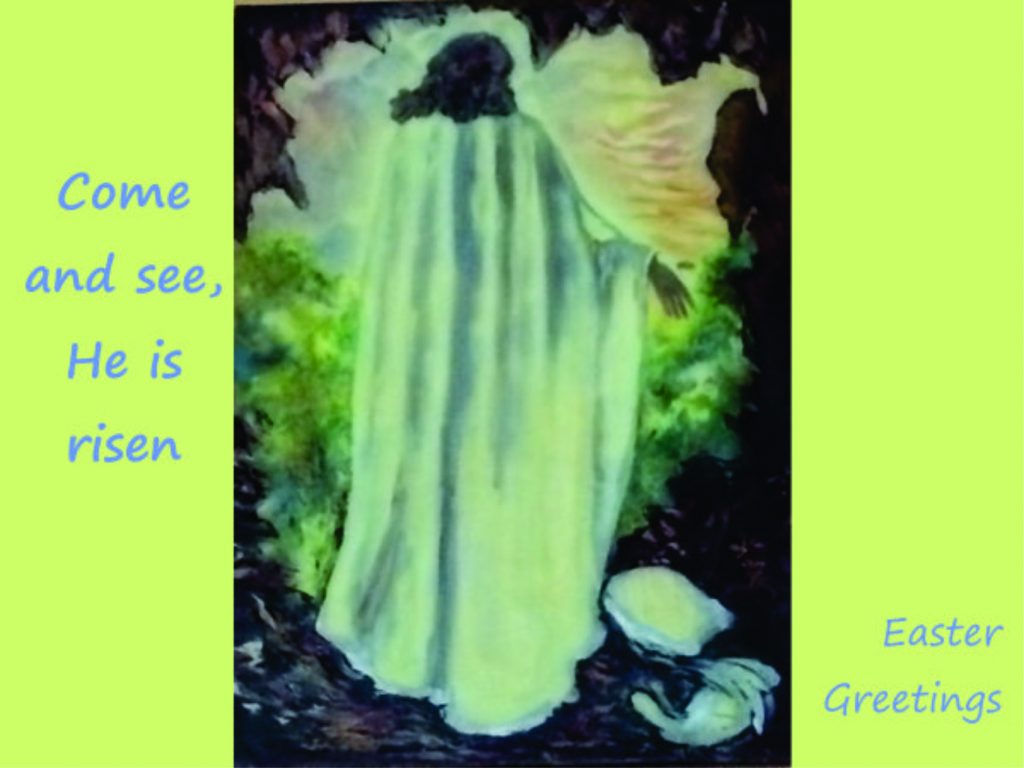
April 9. Easter Sunday. Michelle said, “Francis was only 45 when he died and he did so much.” Jackson added, “and we have heard so much about different parts of his life. His death seems to have been quite joyful. Is that not strange?”
Canticle 9. PRAISED BE YOU, my Lord, through our Sister Bodily Death, from whom no one living can escape. Woe to those who die in mortal sin. Blessed are those whom death will find in Your most holy will, for the second death shall do them no harm.
From Care for Creation. (p81) “At a time, a year before his death, when he was suffering from his painful eye condition as well as effects of the stigmata he was reflecting on his troubles and he prayed to God for help. He heard a voice which told him that his troubles were a great treasure securing his entry into God’s kingdom. After that he felt so close to God that he said he wanted to sing. That is when he composed the major portion of the Canticle of the Creatures. ” From Care for Creation. (p81)
“The tribute to death calling it sister was composed shortly before his own bodily death in 1226. He speaks about a first and second death. What does this mean? All of Francis’ life was a “death” because it involved a continual letting go for the sake of the other, a constant, “dying to self” so that Christ might live in him. The first death is a death to the self-centred ego which wants to exert itself through power and control over others. This self must die to open oneself to the true self, a web of life, and the family of creation, with the death of the body, the second death. What we see in the life of Jesus and the song of Francis is that God does not create for death, annihilation or frustration but rather to perfect his creatures into the full body of Christ. Care for Creation (P90-91).
In St Francis UNCENSORED Noonan heads this chapter “The Jovial Death of Francis.” As mentioned above Francis was ready and close to God. He made his final preparations, his own personal liturgy, and asked the brothers to join him in singing his Canticle. He blessed and granted forgiveness to them and in a Last Supper-like gesture shared bread with those present. He wanted to be laid naked on the earth and sprinkled with ashes, a final salute and acknowledgement of Christ, naked and crucified on the hill of Calvary. He died, singing the final verse of his Canticle of the Creatures, knowing death would do him no harm.
Scripture: Christ our Paschal Lamb, has been sacrificed. Let us therefore celebrate the festival not with the old leaven of malice an devil but with the unleavened bread of sincerity and truth. 1 Cor 5:6-8. Pope Francis: If we accept death, we can prepare ourselves for it. The way is to grow in our love for those who walk at our side, until that day when death will be no more. AL258. We direct our gaze to the end of time, when the Son will deliver all things to the Father so that God may be everything to everyone. Thus the creatures of this world no longer appear to us under merely natural guise because the risen One is mysteriously holding them to himself and directing them towards fullness as their end. The very flowers of the field and the birds which his human eyes contemplated are now imbued with his radiant presence. LS 100
From The Care of Creation. “The death of Jesus was not the annihilation of creation but its radical transformation through the power of God’s life-giving Spirit. Jesus’ resurrection is the beginning of the transformation of the world and this includes the world of nature. This is the ultimate message of the Incarnation. God created, was present and continues to be present in his love, throughout the life of Jesus, his resurrection and the final transformation of all creation, as foretold in the gospels and the book of Revelation. The human spirit surrenders its limited bodily structure and becomes open toward the universe and in some way a true brother and sister to the elements of the universe. Relationship is the key to the beauty of the universe. Since all reality is good, then my relationship with others, human and non-human ought to promote goodness.” Reflect, share, pray. How does this reflection speak to you?

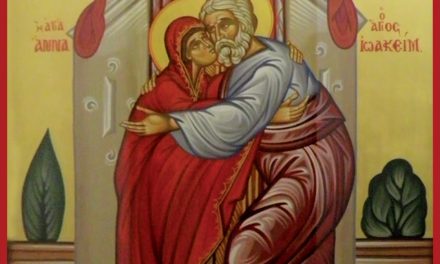
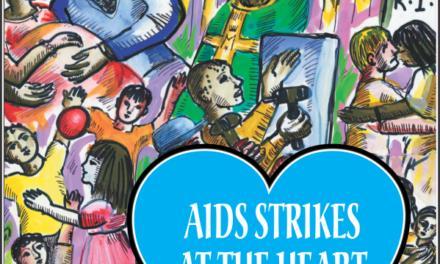
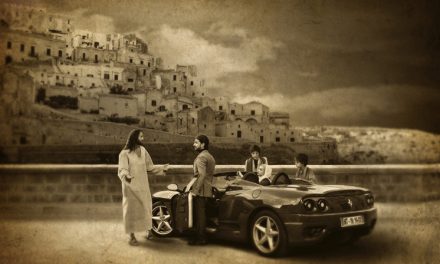
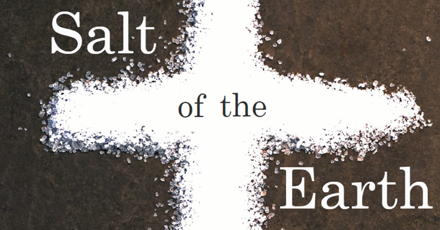
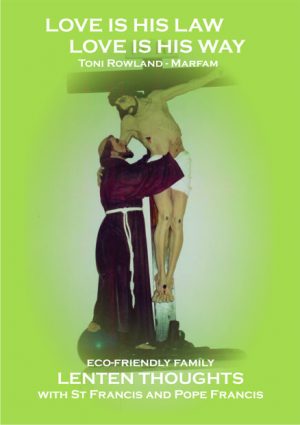
Recent Comments